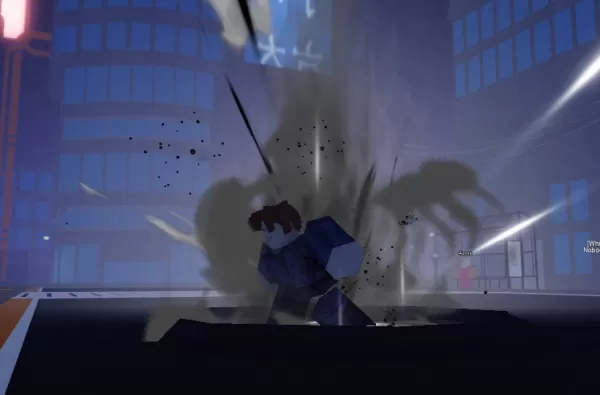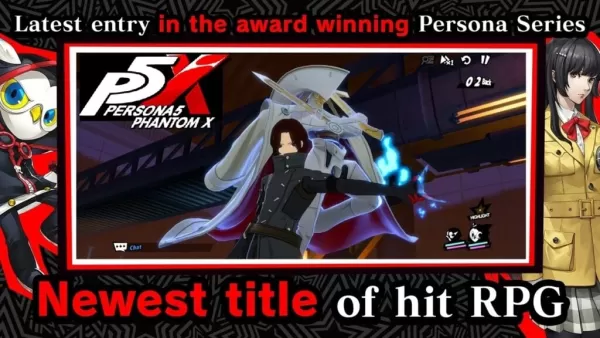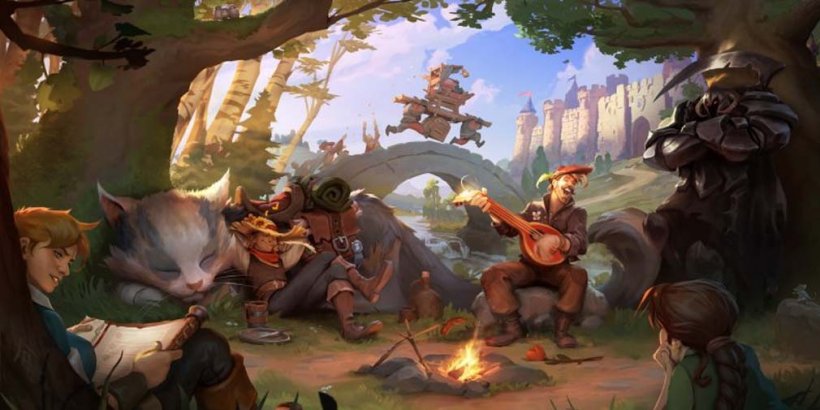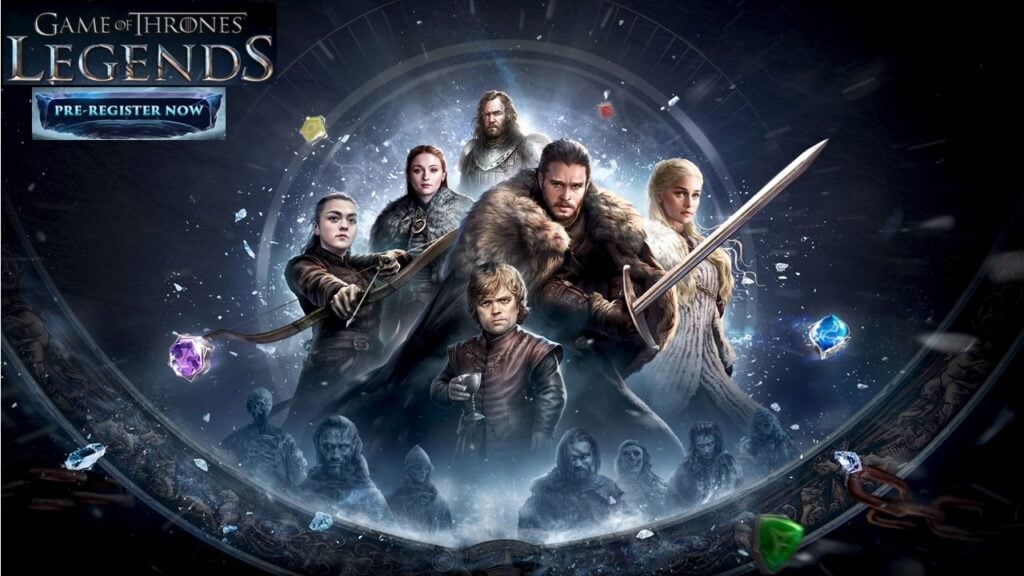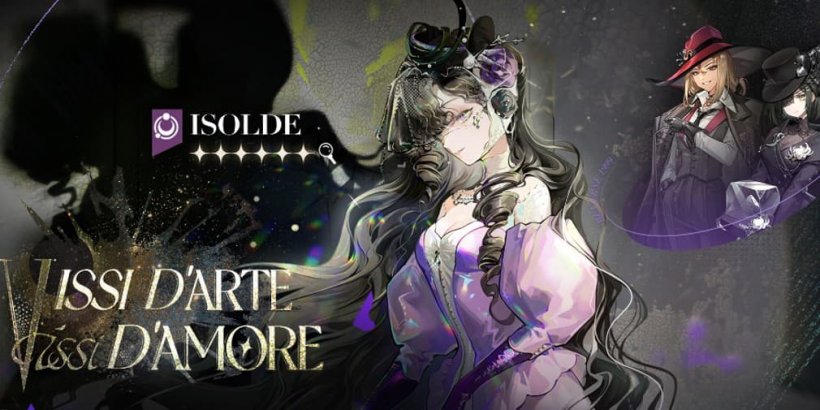The remakes of Resident Evil 2 and Resident Evil 4 were daunting to develop
- By Benjamin
- Mar 18,2025
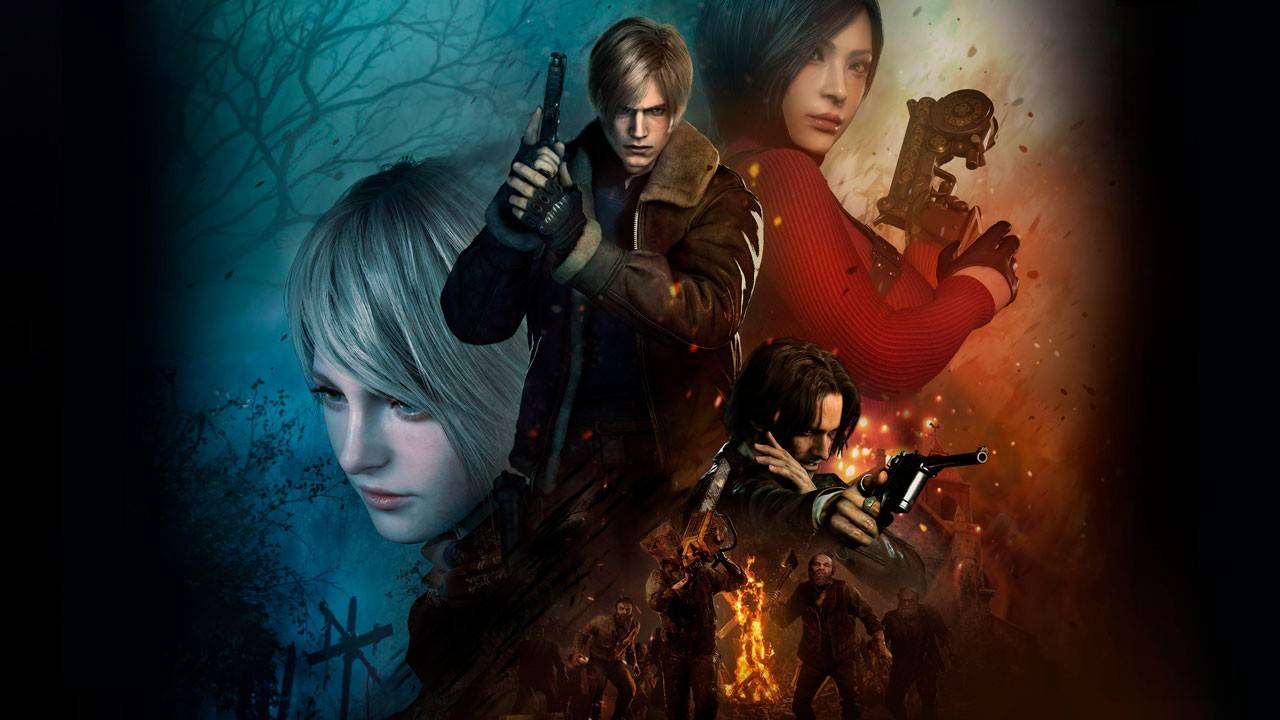
Yasuhiro Anpo, director of the Resident Evil 2 and Resident Evil 4 remakes, revealed that the decision to revisit Resident Evil 2 stemmed from overwhelming fan demand to revitalize the 1998 classic. As Anpo stated, "We realized: people really want this to happen," prompting producer Hirabayashi's simple, "Alright, we'll do it."
Initially, Resident Evil 4 was considered the starting point. However, discussions led the team to believe that its already high acclaim made significant alterations too risky. The focus shifted to the older title, which required substantial modernization. To better understand player desires, the developers even studied fan-made projects.
Capcom wasn't the only party with reservations. Even after the release of two remakes and the announcement of a third, some fans questioned the necessity of an Resident Evil 4 update, arguing it didn't need the same level of modernization as its predecessors.
While the 1990s PlayStation releases, Resident Evil 2 and Resident Evil 3, featured dated fixed camera angles and clunky controls, Resident Evil 4's 2005 release revolutionized the survival horror genre. Despite initial doubts, the remake successfully preserved the original's essence while significantly enhancing gameplay and narrative.
The remake's commercial triumph and critical acclaim validated Capcom's decision, demonstrating that even seemingly untouchable classics can be respectfully reimagined with a creative approach.
